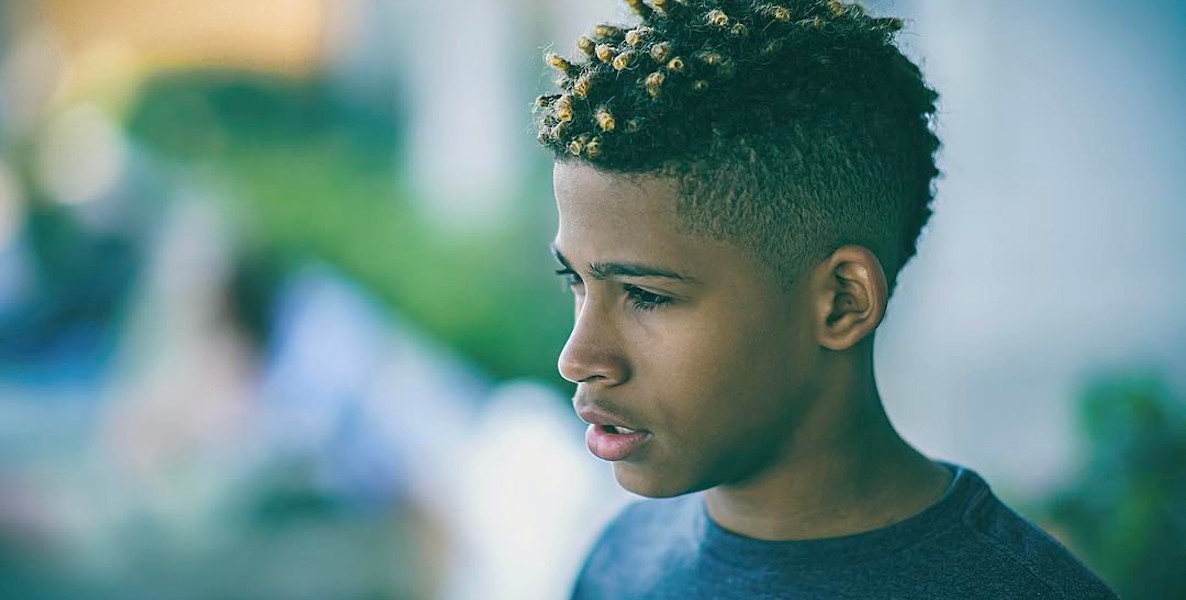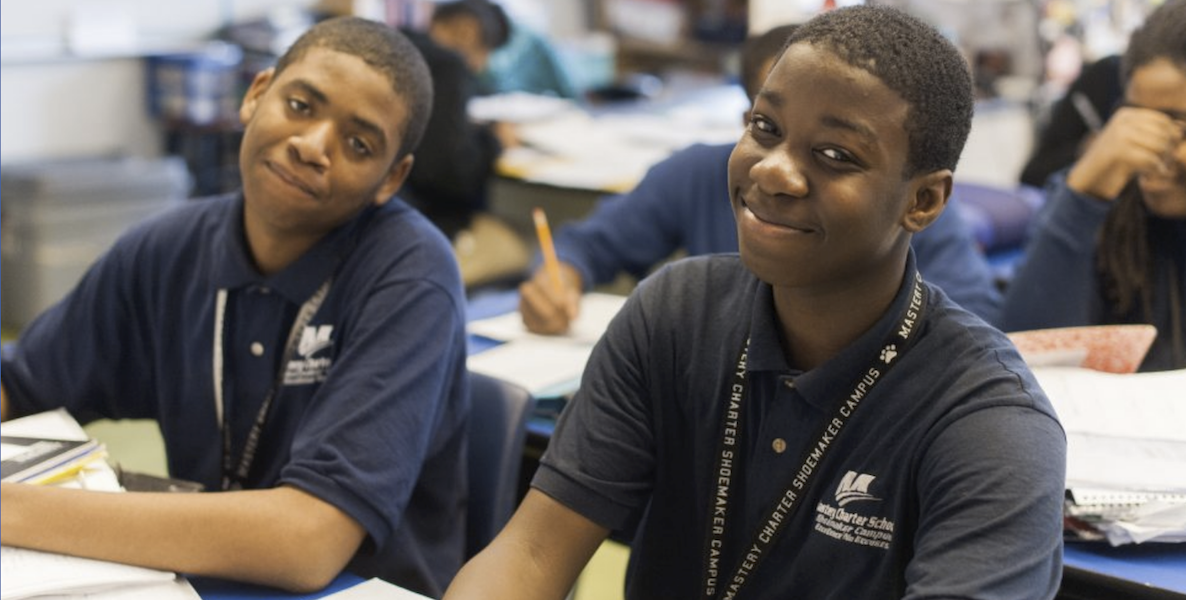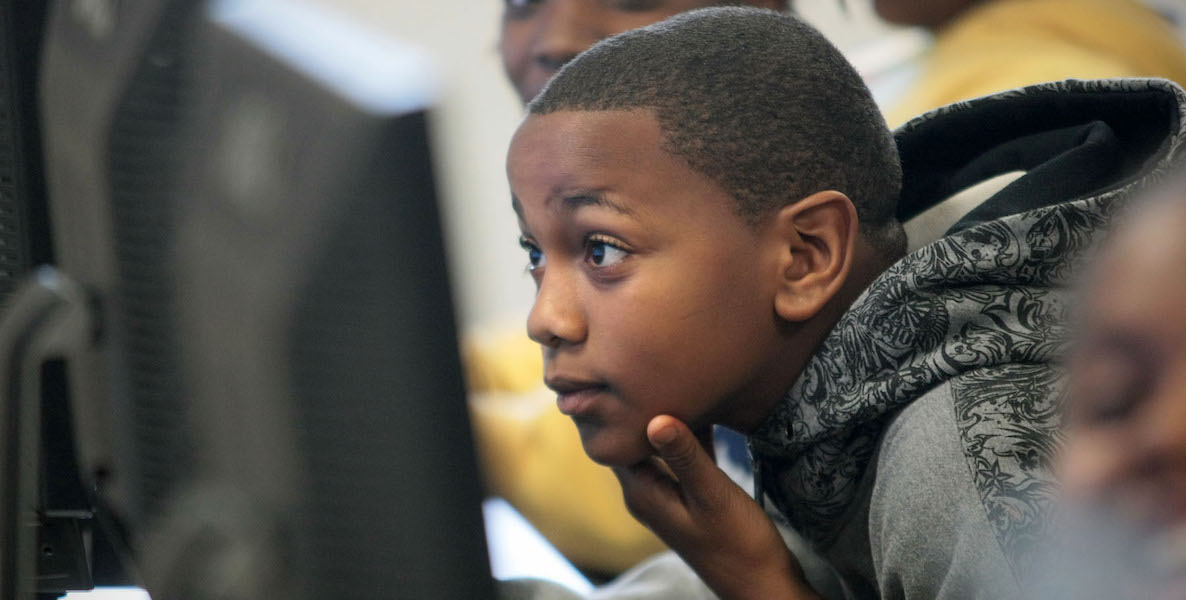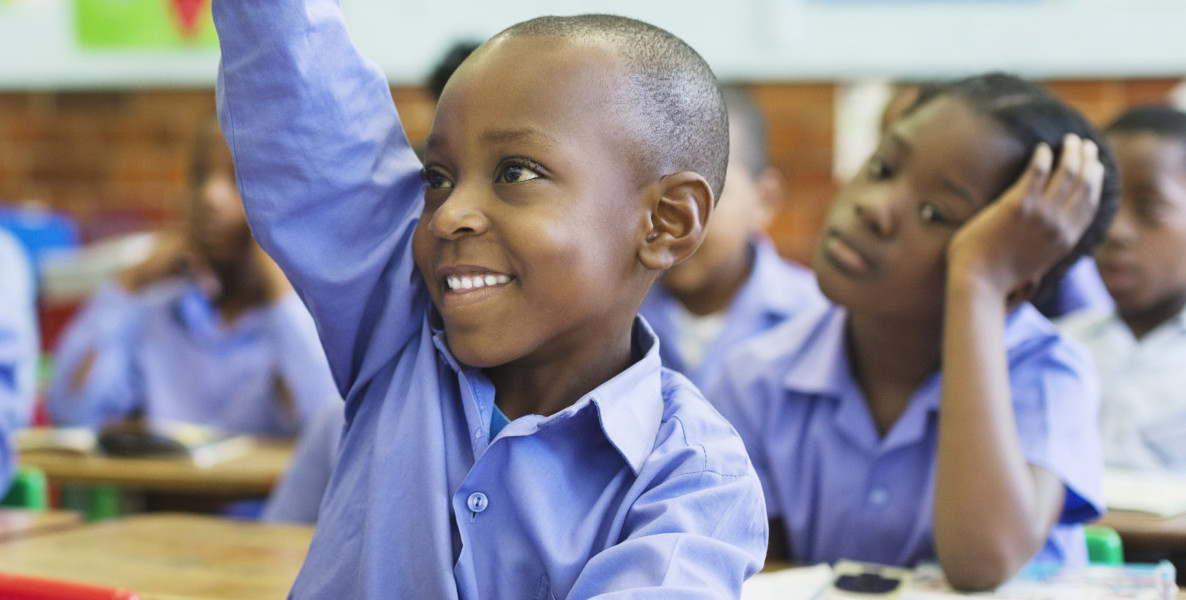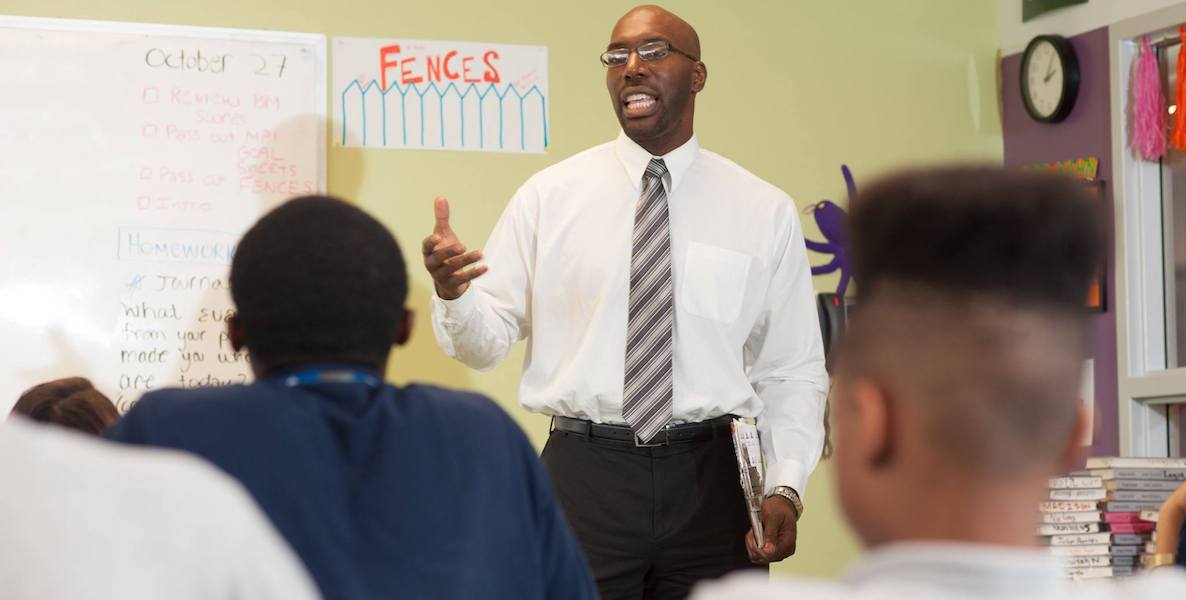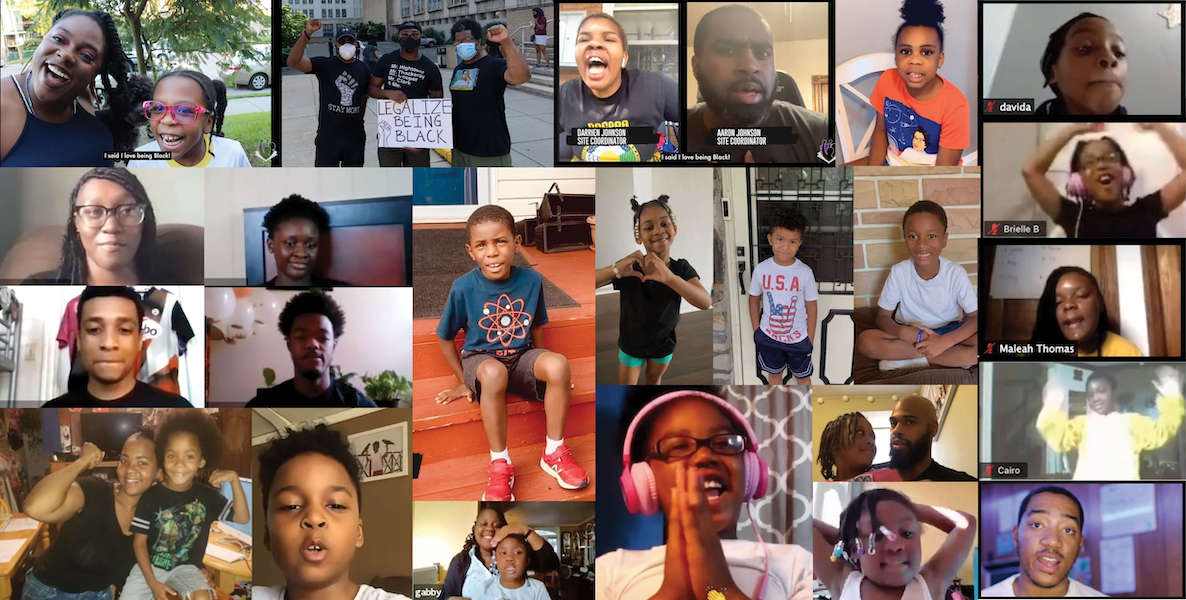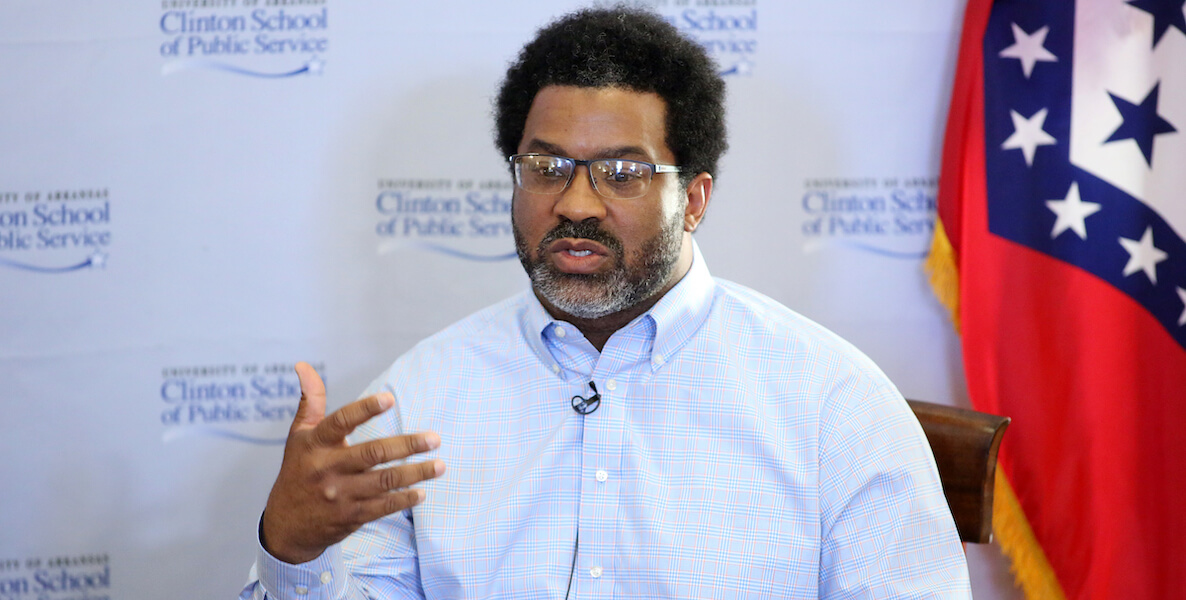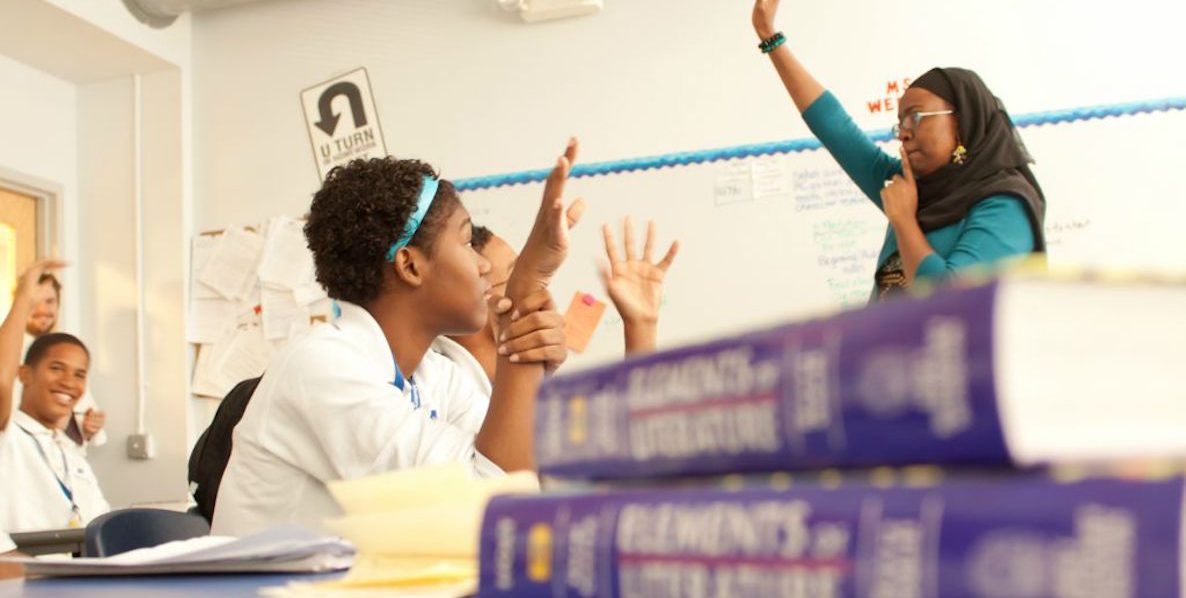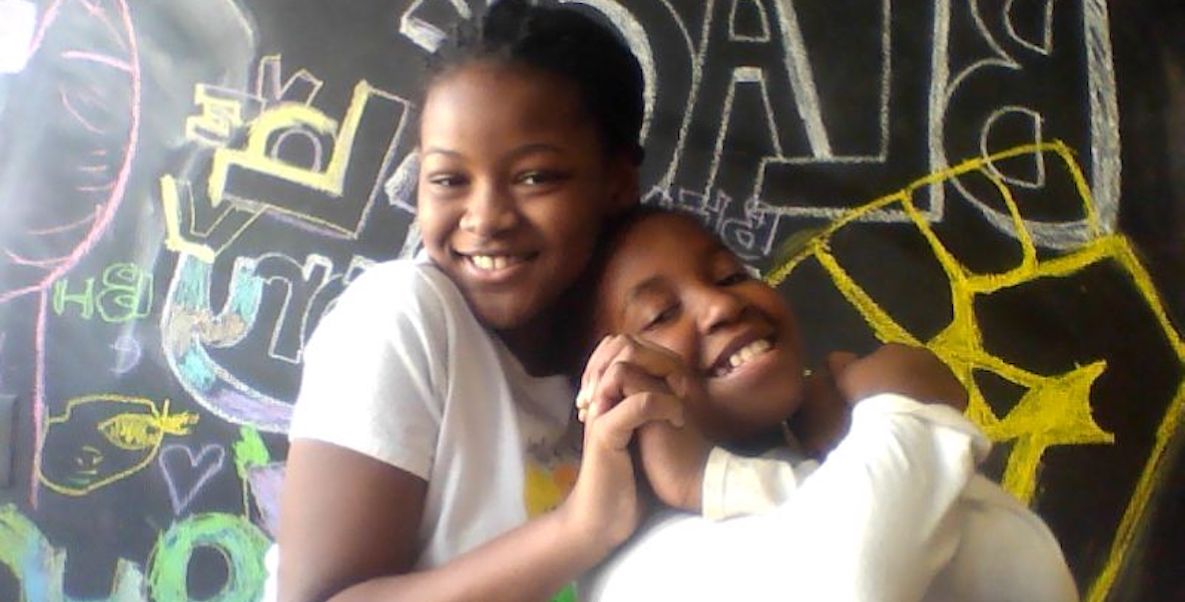“The more things change, the more they stay the same.”
It’s hard to disagree when you consider the totality of the Black radical tradition—our struggle today, and the struggles of those who came before us.
Amidst the Covid-19 pandemic and the massive inequalities it’s verified once again. The unjust state-sanctioned murders of Black people. The relentless systemic racism and social oppression.
Today, we fight for our humanity just as our people did during the 1960s.
Sixty years ago, our people fought for our civil rights, including those at the ballot box. Which is why the Student Nonviolent Coordinating Committee (SNCC) organized the Freedom Summer Project to dispatch Freedom Fighters to register Black people to vote in Mississippi.
But that’s not all they did.
Today, just one out of every three fourth graders is reading proficiently. That’s criminal. A legacy of racism that we are arresting through a carefully structured model for liberating education.
Urged by Charlie Cobb, the SNCC Freedom Fighters also established Freedom Schools because they knew that to achieve the civil rights they sought, Black children must be armed with a superb education. In their minds, the right to a quality education was, and still is, paramount with the right to vote.
Nurturing all children
Today, as we continue the fight of our predecessors for our collective humanity, we are laser-focused on providing a model for liberating education for Black children—to provide the superb education they deserve to become the leaders we all need.
Freedom Schools Literacy AcademySupport
Within 24 hours notice, the 125 spots of The Center for Black Educator Development’s first-ever virtual Freedom Schools Literacy Academy were fully taken. This tremendous response reiterated the demand for the kind of liberating education we strive to provide.
The original Freedom Schools created during the Civil Rights Movement, fueled by Black acts of self-determination and education, were alternative middle and high schools that taught the art of resistance and strategies for protest. These schools raised questions and forced discussions about the very nature of American democracy and the provision of a quality education for all citizens.
Using research-based practices
Likewise, our virtual Freedom Schools Literacy Academy leveraged the best practices of the Liberation Schools, the Philadelphia Freedom School movement, and the Children’s Defense Fund and were informed by the ongoing research of Dr. Nell Duke, Miriam Ortiz, and Julia Lindsey, collaborators with The Center for Black Educator Development, to achieve significant gains in early literacy for our young scholars, who made leaps in literacy in the middle of a pandemic while having their racial identity positively reinforced.
Our young faculty, comprised of Black high school and college students interested in pursuing careers in education, provided mirrors, not just windows, to great futures and experienced firsthand what it means to be revolutionary by fighting racism and social oppression as educator activists.
By summer’s end, virtually all high school and college students reported an even higher interest in teaching Black children than at the start of the program. This is consistent with the results from the previous in-person Freedom Schools Literacy Academy.
Not only did we provide educational experiences in response to the unique challenges remote instruction posed to Blacks students and families, we provided proof of the significant impact of our Freedom Schools Literacy Academy model for liberating education.
In just four weeks, our young scholars posted significant gains in vocabulary and reading comprehension.
- Those working on beginning reading skills jumped 3.23 word-reading levels on average, a remarkable 70 percent improvement based on pre/post tests.
- Those working on more advanced reading skills were reading 20.55 more words per minute on average by the end of our summer session, which is more than 240 percent better than the average rate gain for first and second graders over the same period during a regular school year.
One young student, when asked if she liked Freedom Schools Literacy Academy, said, “I have nice teachers and they look like me.” This mirroring effect is not just a “nice-to-have” for Black children; it is essential.
These significant improvements were not due to chance. They were by design. Our design based on nothing less than the “elimination of illiteracy as serious an issue to our history as the abolition of slavery,” as Maya Angelou has said.
Today, just one out of every three fourth graders is reading proficiently. That’s criminal. A legacy of racism that we are arresting through a carefully structured model for liberating education.
8 Black Hands PodcastDelve Deeper
This mirroring effect is not just a “nice-to-have” for Black children; it is essential.
Creating leaders who inspire
Research has shown this racial/ethnic and cultural parity matters because Black students who have a Black teacher are more likely to graduate from high school and attend college, while less likely to drop out of school and be removed from the classroom for a disciplinary issue.
Second, our summer faculty’s competencies and teaching practices were not only culturally responsive, but culturally aligned and infused. Our pedagogy and tailored curriculum were purposely multicultural, and not white-centered.
Rather than employing the “banking” model of education soundly critiqued and loathed by Paulo Freire, whereby students are mere containers into which educators deposit knowledge, the Freedom Schools Literacy Academy models an education justice framework.
We connect students to the culture of literacy that’s their birthright and civil right while simultaneously engaging students in critical reflection on their lives and racial identities in relation to power and justice. That’s because research has shown positive racial identity matters for both Black boys and Black girls to academically achieve and be given the best shot at life success.
The literacy gains and internalization of “I love being Black” ethos will help our young scholars approach this tumultuous school year with greater academic and self-confidence.
We did not just commit the revolutionary act of providing young Black children with a superb education simply to assist them with their literacy and racial identities—as vital as this is. We committed this subversive act also as a reminder that the time is ours to act. The time is ours to build the models, protocols and people required to create a truly liberating education.
Establishing education justice
Our very survival as a people depends on a quality education. It’s our lifeline to a better, greater future. That’s because educational justice goes hand-in-hand with racial justice.
Our ancestors created their own Freedom Schools in the underground and overnight to teach each other and their children how to read and write. Education was key to their freedom. It still remains key to our freedom today.
In just four weeks, those working on beginning reading skills jumped 3.23 word-reading levels on average, a remarkable 70 percent improvement based on pre/post tests.
Whether by a captor’s whip, Jim Crow disparages, or strangulation by noose or knee, history has shown that we’ve never let the challenges and fears of any time deter us from becoming fully human. That is what hasn’t changed.
So, we must and will continue to show the same resolve today in the face of gargantuan-sized problems that our community faces. The brunt of this is still felt by our children as they are consistently over-disciplined and under-expected to achieve by majority white teachers and white administrators in white-centric schools.
All this while Black people are dying at twice the rate as White people because the pandemic has shown just how deadly persistent gross healthcare inequities can be.
All this while Black families are disproportionately dealing with the economic fallout of the pandemic leaving them with little choice but to continue working. So they must either risk sending their children to school or have them learn remotely while they’re not home.
All this while Black parents are forced to deal with protecting their children from the vicious realities of police brutality and reactions to sustained traumatic stress brought on by everyday racism.
Yet, we are not without agency. We are not without community.
A tradition of self-empowerment
by Sharif El-MekkiRead More
Sankofa principles reconstitute the fragmented cultural past. Centering education from a Black perspective provides a foundation for Black children to build on. This provides them with the ability to see the world through a cultural lens that is their own.
For students to internalize education, the groundings of traditions, rituals and pedagogy must be meaningful and reflective of their identity. This integration of Blackness or Afrocentrism is the legacy of Mississippi Freedom Schools and it is the legacy our Freedom Schools Literacy Academy proudly carries forth.
Let us continue to trod the stony road and fight until we fully liberate education. Fight until victory is won.
Help us provide a superb education for Black children so they can become the leaders we all need. Join us in liberating education. Support the expansion of the Freedom Schools Literacy Academy. Learn how at thecenterblacked.org.
Sharif El-Mekki is founder/CEO of The Center for Black Educator Development. Read more of El-Mekki’s work on his blog, Philly’s7thWard.org.
Header image: A collage of images from Freedom Schools Literacy Academy | Image by Bri Branco


